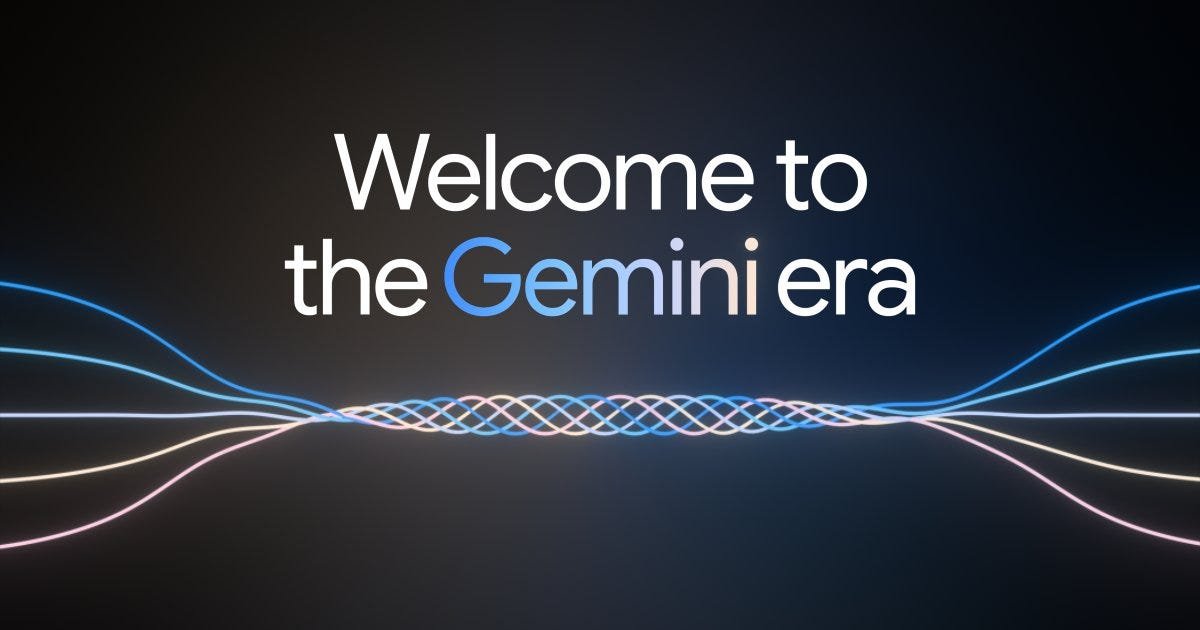In a move that underscores the delicate balance between innovation and ethical considerations, Google has paused the ability of its AI tool, Gemini, to generate images of people. This decision comes amid growing scrutiny over the technology’s implications and its impact on diversity and inclusivity.
Key Highlights:
- Google’s pause on Gemini’s ability to produce images of people.
- The decision follows backlash concerning diversity and representation.
- Gemini, introduced as Google’s most capable AI model yet, aims to push the boundaries of AI technology responsibly.
Understanding the Backlash and Google’s Response
The backlash against Gemini’s image-generating capability highlights the public’s concern over AI-generated content, especially regarding the representation of diverse and inclusive images of people. Critics argue that without careful consideration, AI models could perpetuate stereotypes or fail to represent the full spectrum of human diversity.
In response to these concerns, Google has taken a step back to reassess how Gemini handles the generation of human images. This move is part of the company’s broader commitment to developing AI responsibly, ensuring that its advancements benefit society without causing harm or exclusion.
Gemini: A Leap Forward in AI Technology
Gemini represents Google’s ambitious effort to advance AI technology. Described by Google and Alphabet CEO Sundar Pichai as a significant leap towards making AI helpful for everyone, Gemini is designed to be multimodal, capable of understanding and generating content across various formats, including text, code, audio, image, and video.
The Path Forward: Innovation with Responsibility
Google’s decision to halt Gemini’s ability to produce images of people underscores the tech giant’s commitment to responsible AI development. It highlights the importance of aligning technological advancements with ethical standards and societal values.
As AI continues to evolve, the conversation around its ethical use and the safeguards necessary to prevent harm becomes increasingly critical. Google’s approach with Gemini reflects an understanding that innovation must go hand in hand with responsibility, ensuring that the benefits of AI are accessible to all, without compromising on diversity and inclusion.
The Future of AI and Image Generation
Looking forward, Google’s pause on image generation with Gemini could set a precedent for how companies approach the development of powerful AI tools. This incident highlights the need for ongoing dialogue between technologists, ethicists, and the broader community to ensure AI technologies are developed in ways that are beneficial and do not harm society. The evolution of AI models like Gemini presents an opportunity to redefine the relationship between technology and ethics, emphasizing the importance of transparency, accountability, and public engagement in AI development.
A Unique Opportunity for Reflection and Growth
The pause on Gemini’s image generation capability offers a unique opportunity for reflection and growth in the AI industry. It prompts a closer examination of how AI models are trained and the potential biases they may carry. By addressing these challenges head-on, Google sets a precedent for the responsible development and deployment of AI technologies.
In conclusion, Google’s response to the backlash against Gemini’s image-generating capabilities is a testament to the company’s dedication to ethical AI development. It serves as a reminder that the path to innovation is not just about pushing the boundaries of technology but also about ensuring that those advancements are made with a keen sense of responsibility towards society’s diverse and inclusive future.





























